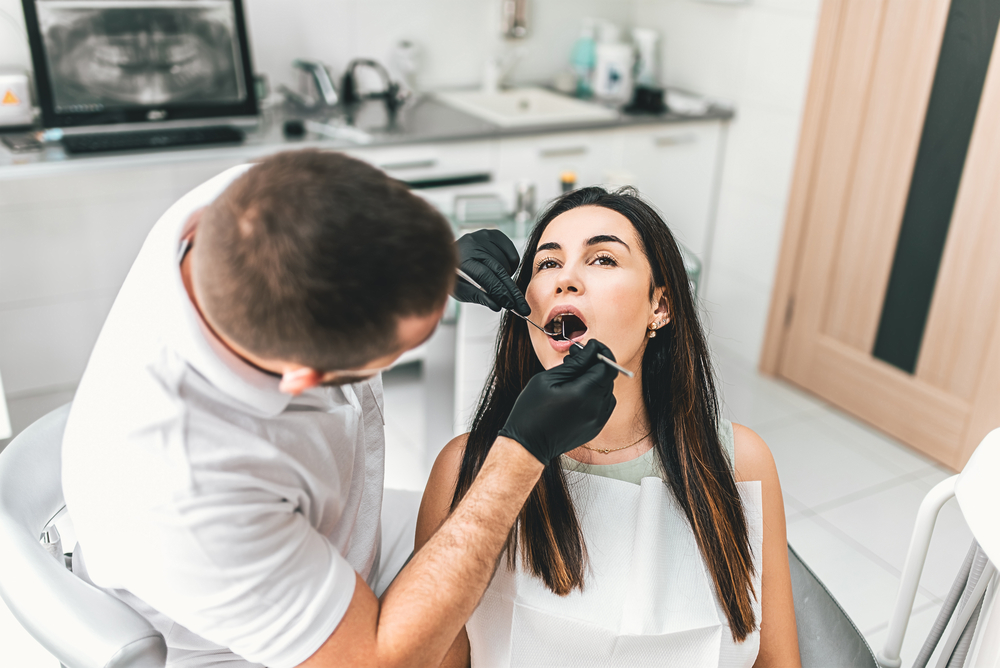What to expect when having your wisdom teeth removed

Having your wisdom teeth removed can help to reduce the risk of oral health problems like infection and damage to the adjacent teeth.
A wisdom tooth extraction is a common dental procedure, and if your dentist has recommended that you undergo the treatment, you may be wondering what you can expect from the experience. Read on to find out more about what the procedure involves, and what you can do to aid a smooth recovery…
1. Anaesthetic will be used
The good news is that you won’t feel any pain during the procedure itself because your dentist will administer an anaesthetic before beginning the treatment. In many cases, a local anaesthetic is used — this is injected at the site of the extraction and will numb the area in which your dentist will be working. You may feel some movement and pressure during the procedure, but you won’t experience any pain.
2. Understand the procedure
In order to remove your wisdom teeth, your dentist will make an incision in the gum line. By doing so, they will expose the relevant teeth, as well as the underlying bone. If necessary, your dentist will divide the tooth into smaller sections to make it easier to remove. If there is bone that is blocking access to the tooth, this will need to be removed.
Once the tooth or teeth have been removed, any remaining particles and debris will be cleaned away from the area around the bone and/or gumline. The incision will then be stitched closed. In most cases, gauze will be placed over the site of extraction in order to minimise bleeding.
3. Prepare for your recovery
It is important that you take some time to rest and recover following your procedure — we generally recommend that patents take a few days off work or school. It is completely normal to experience some pain and swelling after the effects of the anaesthetic have worn off. Your dentist will prescribe or recommend medications that will help to alleviate any discomfort that you feel. You may also find it helpful to place an ice pack on your jaw to minimise swelling.
During the recovery period, it is advisable that you stick to soft foods, such as yoghurt, smoothies and soups. You will gradually be able to re-introduce solid foods into your diet as your mouth heals. Be sure to keep your mouth clean by regularly rinsing with warm water or a salt solution.
4. Know when to call your dentist
Although you may experience some discomfort after your procedure, you should begin to feel better fairly soon after the treatment, and most side-effects should subside within a few days. If, however, you notice swelling that worsens over time, fever or a persistent bad taste in your mouth even after rinsing, it is important that you contact your dentist. These symptoms could indicate an issue such as an infection or dry socket, and should be addressed as soon as possible.
How can we help?
At Mornington Peninsula Dental Clinic, we offer a comprehensive range of general dentistry services, including the removal of wisdom teeth. If you experience any of the possible symptoms of impacted wisdom teeth, such as pain, swollen and bleeding gums, a swollen jaw, bad breath, jaw pain or headaches, we encourage you to come in and see us. We will examine your teeth and let you know if an extraction is the best course of action for you.
If you would like to know more about wisdom tooth extraction and what the procedure involves, please have a look here.
Our experienced team also offers a range of other dentistry services, including preventative, cosmetic and restorative treatments — please don’t hesitate to get in touch if you would like to find out more about how we can help to improve your oral health.
To make an appointment, please get in touch here or give us a call on (03) 5975 5944.